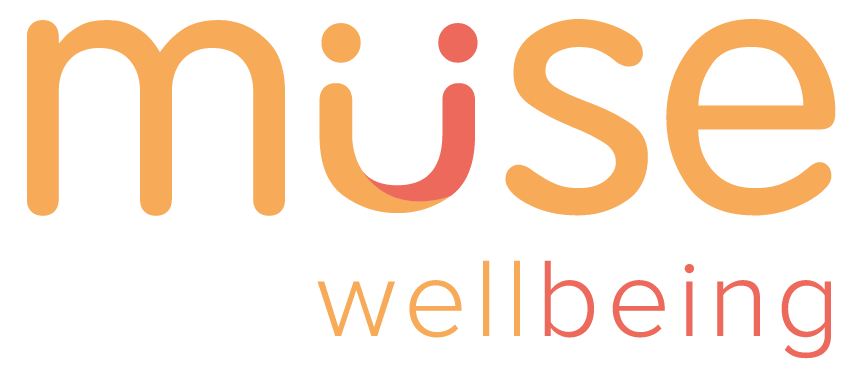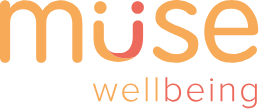Understanding the RSE Curriculum 2020

Charlotte is an experienced educator working in mainstream and SEN schools in northern England. She loves all things about reading!

George is an international school teacher based in Asia. A passionate language learner and polyglot, he thrives in diverse classrooms.
Understanding the RSE Curriculum 2020
Finding clear information about the new Relationship, Sex, and Health Education (RSE or RSHE) curriculum introduced in 2020 can be challenging. With ongoing curriculum updates, the task of understanding these changes can add extra pressure to teachers’ already very demanding schedules. However, staying informed is key to ensuring that lessons are aligned with the latest guidelines – and the RSE curriculum is no different in that regard.
When Did the RSE Curriculum Start?
The guidance for developing the new RSE curriculum was introduced in 2019 and schools were encouraged to begin adopting these changes as soon as possible. However, it wasn’t initially compulsory for schools to implement the new guidelines right away.
It wasn’t until 2020 that the subject (relationships education and/or relationships and sex education) became a statutory requirement, meaning schools were mandated to deliver RSE lessons that aligned with the new guidelines. Schools had the option to develop their own curriculum content or opt for pre-made resources, such as those offered by Muse Wellbeing, to meet these requirements.
What are the Requirements of Relationships and Sex Education?
The 2020 RSE curriculum guidelines outline what teachers are required to deliver in their lessons. Topics within this new curriculum include (but are not limited to):
- Mental health and well-being
- Understanding emotions
- Talking about feelings and emotions
- Principles of good health (e.g. self-care, physical exercise)
- Bullying and abusive/aggressive behaviours
- Friendships and relationships with family members
- Internet safety and digital citizenship
- Healthy eating and fitness
- Drugs, tobacco, and alcohol use and misuse
- Basic principles of first aid
- Puberty and growing up
The curriculum states that by the time children finish primary school, they should have a sound understanding of the above topics.
However, it is worth keeping in mind that the changes do not outline a specific curriculum teachers must follow to the dot. Teachers instead have the topics to follow but have the freedom and creativity to teach the topics in a way that suits their learners and their needs best.
The guidelines additionally specify that schools must publish an up-to-date RSE and PSHE education policy publicly online so parents and carers have complete clarity over what their child will be learning about. For some parents, RSE can be a sensitive topic, and one that they do not wish their child to partake in. The policy from schools should therefore include instances where it is possible to withdraw a child from the lesson, and where it is not (due to compulsory lesson content).
Do I Need to Cover PSHE in RSE Classes?
RSE is included in the overall scope for PSE education, but the specific requirements vary by student age. Relationship education is compulsory for students in Key Stages 1 and 2, whereas sex education is mandatory for students’ in Key Stage 3 and 4. Certainly, RSE and RSHE curriculums are an integral part of a primary school’s overall curriculum.
Although a full PSHE curriculum is not required until later stages, it can be extremely beneficial to introduce relevant topics to younger learners, helping them to prepare for later years. Teachers searching for what to teach their students’ should refer to government guidelines for each Key Stage, and consider their student’s specific needs to tailor the lessons accordingly.
Why is the New RSE Curriculum Important?
The RSE curriculum is crucial for helping students develop an understanding of relationships, consent and emotional wellbeing. It ensures that young learners are better prepared to manage challenges and make informed and safe decisions.
- Promotes a culture of inclusivity and respect: The new RSE curriculum helps promote a culture of inclusivity and respect within the classroom, where differences are celebrated. Adopted such an outlook on life can benefit students greatly in their social life and also their future work life.
- Support with friendships: friendship issues can cause great emotional strain on students, and none more so than behaviours such as bullying. The RSE curriculum includes topics on friendship and bullying to ensure students have the knowledge to whistleblow when they see bullying occur, and the protect themselves against bullying.
- Encourages better health and well-being: There are many common health complications that can impact young children, many of which are avoidable with the right knowledge to make informed choices about living a healthy lifestyle. PSHE and RSE lessons can help learners understand more about their health and the things they can do to stay fit and well. For instance, science and PSHE can be used in conjunction with one another to highlight the importance of thorough hand washing after going to the toilet or before eating. This can help teach children about personal hygiene whilst also educating them on disease spreading.
- Allows children to know when they need help: One of the main reasons abuse and mistreatment continues for children is because children don’t have the understanding of what is happening to them. Topics in RSE that cover relationships can help students’ recognise healthy and abusive relationships, and equip them with the knowledge and confidence to speak up about it.
What Can I Do to Make Creating an RSE Curriculum Easier?
If you have been looking to create the most effective and impactful RSE lessons for your students, knowing the new 2020 RSE curriculum can be a big help. In line with this, we strongly recommend that you consider the different features of RSE lessons to help craft the right approach for your learners.
Of course, without a set-in-stone curriculum, teachers and schools can enjoy much greater flexibility when it comes to their RSE lessons. However, this can also make it substantially trickier to know what your students need to be learning. So, if you’re feeling a little overwhelmed, don’t be afraid to give a pre-made RSE curriculum a try instead.
Dedicated curriculums – such as our own here at Muse Wellbeing (that’s completely free to use!) – are unique in that they are already tailored to meet the new RSE curriculum requirements. As such, these offer the ideal way to hone your RSE lessons, guide the class and lesson structure, and find new opportunities overall.
If your goal is to create effective and impactful RSE lessons, the first step to take is familiarise yourself with the 2020 curriculum. Consider the range of topics available to help you craft the right approach for your class.
Teachers can enjoy the flexibility of a non-structured curriculum, and tailor the learning to the students’ needs. If you are finding it challenging to know where to start with topic mapping in RSE, consider a pre-made curriculum like Muse Wellbeing. Muse is completely free to use, designed to meet the requirements of the new curriculum and provides the ideal framework to provide excellent RSE lessons creates happy and successful students.
Muse Wellbeing
Subscribe for RSHE & Wellbeing Updates & Learning Resources

Copyright © 2026 Muse | All Rights Reserved.
Would you like to logout of Muse Wellbeing?


